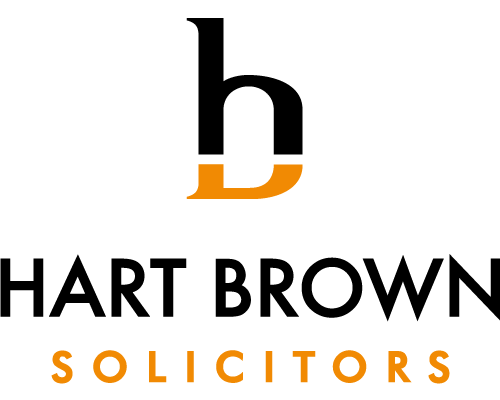Women are being asked to share their experiences of sexual harassment in the workplace and public places as part of a government initiative.
This is part of the Women and Equalities committee’s investigation following widespread allegations in the United Kingdom and the United States.
Serious allegations of sexual harassment by Harvey Weinstein and other actors have dominated the media. This has highlighted the need for employers to make sure that they deal effectively with sexual harassment in the workplace.
What conduct amounts to sexual harassment in the workplace?
Under the Equality Act Sexual harassment occurs where both : –
- A person engages in unwanted conduct of a sexual nature.
- The conduct has the purpose or effect of either violating someone’s dignity, or creating an intimidating, hostile, degrading, humiliating or offensive environment for that person.
It is a form of bullying as well, if it is carried out in the course of employment and is based on a person’s sex. It is not necessary for the harassment to be physical and employees can be harassed by the same sex or the opposite sex.
The term covers a variety of behaviour from verbal comments such as inappropriate jokes, banter, sexual advances, threats to a person’s continued employment to physical sexual assault.
It can be a one off incident or a pattern of continual behavior and employers need to be mindful what effect this having on its employees and make sure they take the appropriate action.
What should an employer do?
The objective must be to create a safe working environment for an organisation’s employees and workers where there is a clear expectation that sexual harassment will not be tolerated.
The tips for employers are as follows:-
- a clear written policy proving that the company takes a serious approach to harassment of any kind.
- a training program where managers are trained in the principles of the policy and this needs to be an ongoing training commitment by the company.
- formal grievance procedures which enable complaints to be taken seriously and investigated properly. These complaints need to be treated with sensitivity and fairly.
- complaints should be handled with a high level of confidentiality and avoid putting unnecessary stress on the person making the complaint. For example, making sure there is somewhere private to discuss the complaint and adopting sympathetic listening strategies.
- some types of sexual harassment, such as sexual assault and other physical threats, are a criminal matter as well as an employment matter so may need to be reported to the police.
- a willingness to take action against the people who are displaying conduct which amounts to harassment, including dismissal where justified and the sanction should not vary dependent on their seniority.
- a strong commitment from the leaders of the organisation that harassment will not be tolerated.
This is not legal advice; it is intended to provide information of general interest about current legal issues.





